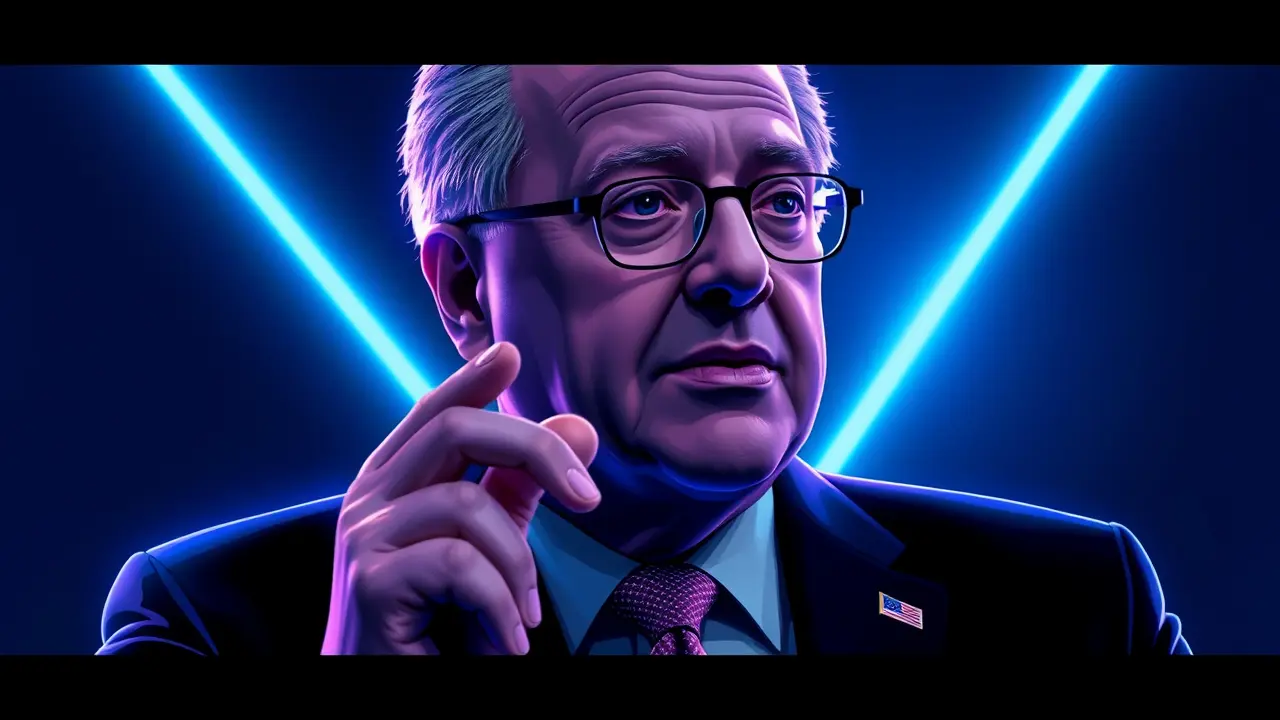Senate Republicans Post Deepfake of Schumer on X
In a political maneuver that feels ripped from a high-stakes campaign war room playbook, Senate Republicans dropped a tactical nuke on the digital battlefield Friday, deploying a deepfake video of Senate Majority Leader Chuck Schumer on their official X account—a move that doesn't just cross a line but gleefully erases it, turning political discourse into a full-spectrum information war where truth is the first casualty. This wasn't some fringe actor operating in the shadows; this was an official party account, a verified entity with the implicit credibility of a major political institution, weaponizing synthetic media to target one of the most powerful Democrats in the nation, a calculated provocation that tests the very structural integrity of our shared reality.Let's break down the play: the video itself, its content deliberately manipulated, was engineered to mislead, to sow the specific 'significant confusion on public issues' that X's own policy framework explicitly prohibits, creating a glaring chasm between the platform's stated rules and its enforcement—or lack thereof—against powerful political actors. This is the new front in political strategy, a shift from the dog-whistles and attack ads of yesteryear to AI-powered perceptual warfare, where creating plausible deniability and muddying the waters is the objective.Remember the 2012 campaign, the rapid-response teams and the meme factories? That was child's play compared to this. Now, imagine a future debate stage where a candidate's words are fabricated in real-time, or a manufactured international crisis video goes viral minutes before a crucial vote—the potential for chaos is not theoretical, it's imminent.The Republicans, in this instance, are running a live-fire exercise, gauging public reaction, media fallout, and platform response, all valuable data for the 2024 cycle. They're betting that the outrage will be fleeting, that the news cycle will churn, and that the lingering effect will be a further erosion of trust in established figures and institutions.Meanwhile, Democratic strategists are undoubtedly scrambling, not just to condemn this specific act but to develop countermeasures—digital authentication protocols, rapid-debunking SWAT teams, and perhaps their own arsenal of synthetic media tools, because in an arms race, unilateral disarmament is a losing strategy. The historical parallel isn't to a past political scandal, but to the introduction of a new weapons technology; the deepfake is the political equivalent of the machine gun, and we are all witnessing its first deployment on a major battlefield.The consequences are profound: this moves us from a media environment where we question the interpretation of facts to one where we must question the very existence of the recorded event. What does informed consent mean in a democracy if the information is inherently corrupted? How does a voter make a reasoned choice when the evidence presented to them is a fabrication? This incident isn't an anomaly; it's a benchmark, a clear signal that the rules of engagement have been irrevocably altered, and every future political operation, from a local school board race to a presidential election, must now account for the fact that seeing is no longer believing.
It’s quiet here...Start the conversation by leaving the first comment.
